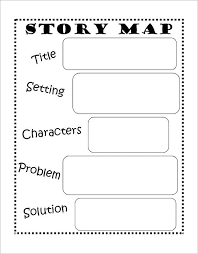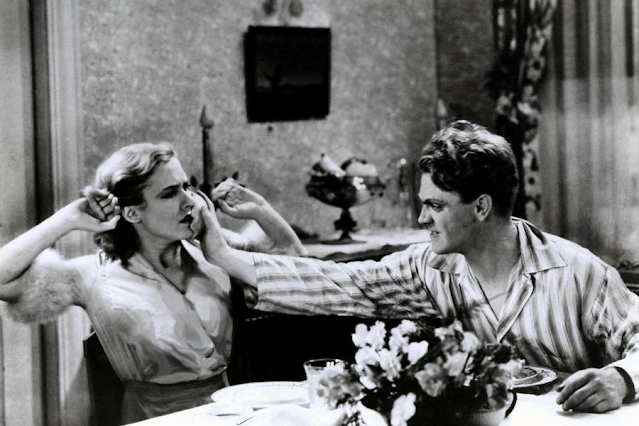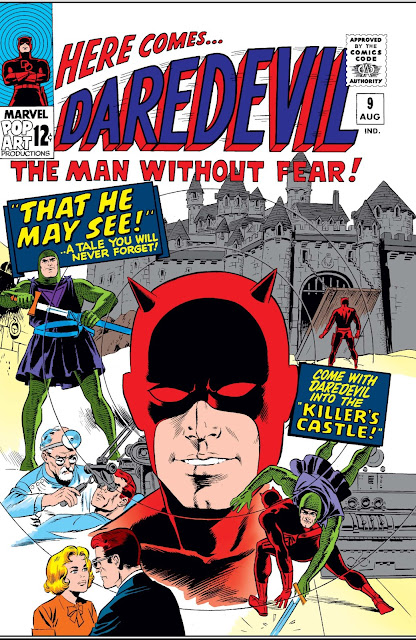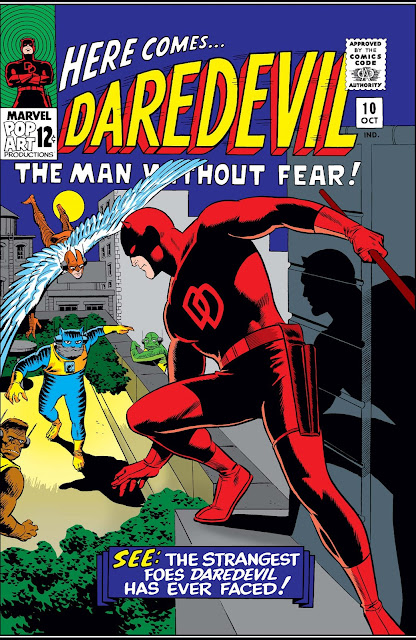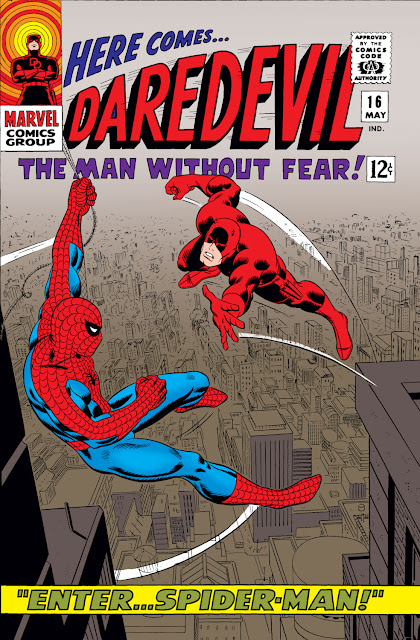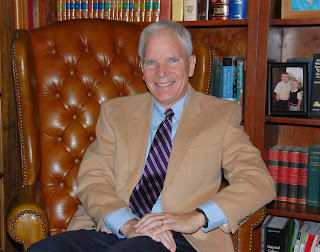 |
| .38 Super |
Last September, I wrote a blog article in SleuthSayers challenging myself to create my first PI story. In that article, I bemoaned the fact that any new PI story would need to come up with a new angle for the PI's background. I didn't have one yet and all the good ones seemed to have already been taken. Intense brainstorming would have to commence. And, it did.
I have now acquired a new slant on a background for a Private Investigator. Will it work? DAMFINO. All I do know is that it is different from what is currently being used out there. The true test will be when I submit it to an editor.
NOTE: It went out on 03/24/22. If it sells at the first submission, you'll hear about it. If it doesn't, then the story will be submitted elsewhere down the line of diminishing payments until it dies a quiet death.
Unfortunately, since I have a certain loyalty, plus a bit of a mercenary bent, I tend to start at the top of the market, it will probably take me a year to find out if this concept will work. In the meantime, I have already written the sequel and have a working title ("Recidivism") which will stick.
Of course, in the interest of full disclosure, I should mention that I do have a few series which never got past the sequel stage.
SIDE NOTE: It seems that a kind gentleman, whom I was discussing series with at the Bouchercon in Madison several years ago, informed me that one story was a standalone, it takes two stories to have a sequel and three to make a series. Intentions don't count until they are published. Personally, I would have responded that three stories makes a trilogy and that it took four to make a series, but I wasn't quick enough on the uptake. He was gone. His ride had arrived.
Obviously, I'm not going to tell you what the new concept entails. That would be a spoiler. You'll just have to wait about two years to see if it comes out in print. In any case, I hope to get it into the running for the Shamus Awards before I die. Trust me, it's a great concept, different and fresh. Have I lied to you yet? Well, not that you're aware of.
To keep you occupied in the meantime, there is some trivia about the story which I can entertain you with. You know how some famous authors auction off the rights to name a character in their story after some real person. Well, in this case there was no auction, but the PI character is named Ray, which is Brian Thornton's middle name, and the name of the PI firm is B. Thornton Investigations.
The next bit of trivia was totally unexpected. My wife and I were on a cruise in the Caribbean from late February into early March and on Day One in the evening dining room, our junior waiter from Indonesia looked at me and asked if I was a Texas Ranger. He said I looked like one (or at least his concept of one). I admitted to being a retired federal agent and a writer. He was impressed more than he should have been, and asked if he could be in one of my stories. Okay, there was a bit of a language barrier and maybe neither one of us totally understood what we were talking about. but I then agreed to name one of my characters after him. In retrospect, I think he envisioned himself as a rescuing knight in shining armor, but the knights in my stories tend to have a lot of tarnish on their armor. The result was that he ended up becoming the PI's contract employee (side kick), and the first story and character got renamed ("Leonardo") after him.
Oh, the situations we get into when we let those in the general public know that we are writers. But then, I'm sure you have your own tales to tell.




